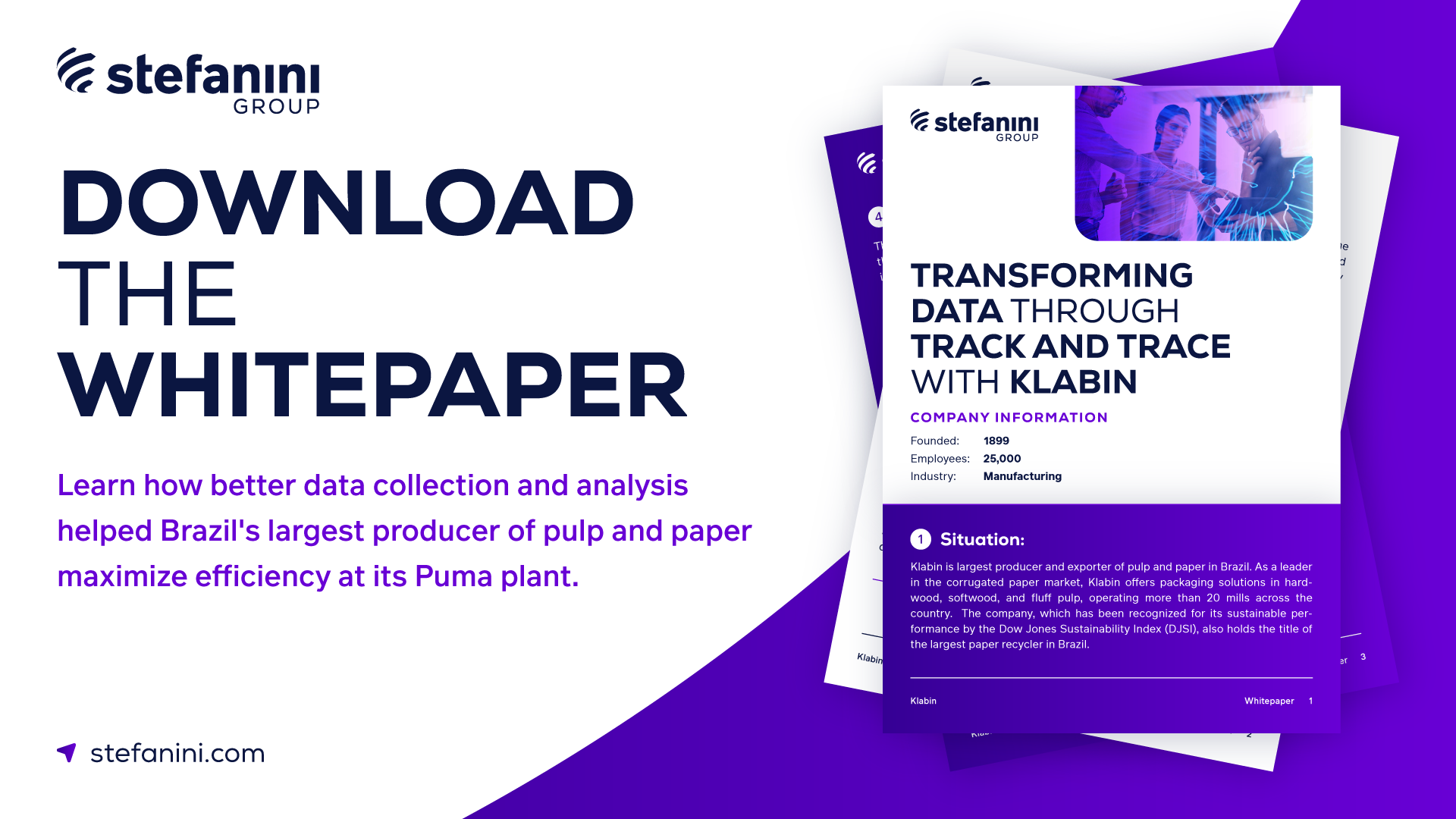Now might feel like a challenging time to be a jobseeker. Businesses across the world are keeping offices closed and watching budgets carefully as Covid-19 lockdown restrictions are gradually eased.
Despite this, companies are still hiring and on-boarding new candidates remotely. The best way for a jobseeker to engage these companies and succeed in a challenging environment is to redouble efforts when it comes to creating an attention-grabbing application and impressing during the interview.
We caught up with Natalia Tetcu and Cristina Doloscan, Talent Acquisition Consultants at Stefanini EMEA, and Oana Minea, Talent Branding Specialist at Stefanini EMEA, to uncover how candidates can best succeed despite the challenging circumstances.
A winning CV and covering letter
For recent graduates seeking their first professional job, there’s little doubt the Covid-19 outbreak represents a challenge. However, it’s still possible to create a winning CV and covering letter, even if you have limited experience.
For newer entrants into the job market, it’s important to focus on goals, ambitions and the potential that you can bring to an organization.
“Even a candidate with fairly limited experience can convey a lot about their potential, their attitude and their ambition through their CV and covering letter. ”
Candidates should seek to outline the broadest possible range of experience, including hard and soft skills, and create a covering letter tailored to the specific role. They should also carefully proofread their CV and covering letter and ask a friend to also review these for any errors.
The CV should be detailed, up-to-date and list all professional experience, starting with the current or most recent position held and working backwards.
“Even a candidate with fairly limited experience can convey a lot about their potential, their attitude and their ambition through their CV and covering letter. Enlightened employers are increasingly recognizing how important these qualities are,” explains Natalia.
Understand the company
A proper understanding of your prospective employer is hugely important at all stages of your application.
“It’s really important that candidates get a sense of company’s values and whether these match with their own. ”
Properly researching these companies allows you to understand whether you are a good fit for the role, tailor your application and prepare answers and intelligent questions for the interview process.
“It’s really important that candidates get a sense of company’s values and whether these match with their own. This helps candidates identify the most suitable positions and allows them to bring genuine enthusiasm to the process once they have identified suitable opportunities,” explains Oana.
Preparing for the interview
When it comes to the interview, the right mindset, enthusiasm and image is important.
“Companies will often find they have a few candidates with similar skills and experience applying for the same role. When this happens, it will often be a case of making a decision based on who came across as the most enthusiastic about the role during the interview stage”
It’s normal to be nervous ahead of an interview, but it’s best to mentally reframe the experience as an opportunity to get to learn more about the role and whether it is the right fit for you.
Beyond this, use the interview as an opportunity to showcase your authentic self and demonstrate your enthusiasm – based on the research you’ve already carried out – underlining why you want the role and the unique potential that you offer.
Remember that an interview is a two-way street and that intelligent questions about the role are another way of demonstrating enthusiasm. This is your opportunity to find out what scope there is to progress internally with the company and what sort of training is on offer, as well as simply the next stage of the recruitment process.
“Companies will often find they have a few candidates with similar skills and experience applying for the same role. When this happens, it will often be a case of making a decision based on who came across as the most enthusiastic about the role during the interview stage,” adds Cristina.
Follow up for feedback
It sometimes pays to follow up after an interview, particularly if you have further questions about the role or process, or if a week or so has passed and you are unsure when you will hear back. This offers an additional opportunity to demonstrate your enthusiasm and to get any feedback on your interview.
“These are of course challenging times, but there are real opportunities for candidates willing to go the extra mile, researching the right opportunities and going after these with the right approach and enthusiasm,” concludes Natalia.




















